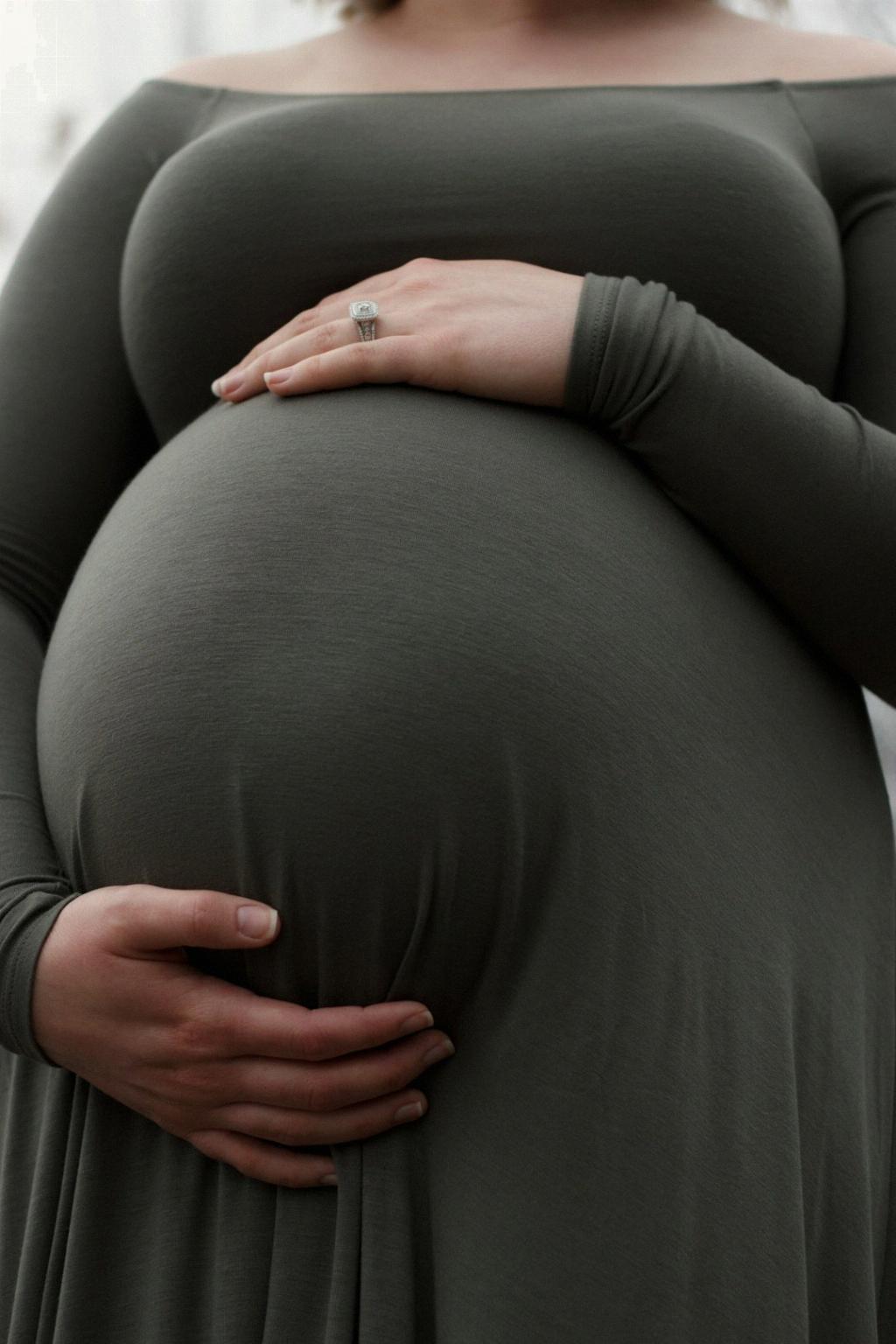When it comes to the question of whether endometriosis contributes to a high-risk pregnancy, the answer isn’t a straightforward one. Endometriosis is a condition where tissue similar to the lining of the uterus grows outside the uterus. It can lead to various complications, including infertility, pelvic pain, and painful periods.
Endometriosis can indeed pose challenges during pregnancy. Studies have shown that in spontaneous pregnancies, individuals with endometriosis may have a higher risk of miscarriage, potentially up to 80%, as highlighted in a 2017 systematic review. This increased risk of miscarriage can understandably raise concerns for individuals trying to conceive with endometriosis.
It’s essential for individuals with endometriosis who are pregnant or planning to become pregnant to be aware of the potential risks. Symptoms such as lower back pain, cramping, or bleeding during pregnancy should not be ignored, as they could indicate a miscarriage. Consulting with a healthcare provider at the first sign of these symptoms is crucial for early intervention and management.
Endometriosis can also impact the course of pregnancy itself. Some individuals with endometriosis may be at a higher risk of developing conditions like preeclampsia or preterm birth. These complications can pose significant risks to both the pregnant person and the developing fetus.
While endometriosis does present challenges, it doesn’t automatically mean that every pregnancy will be classified as high-risk. Many individuals with endometriosis go on to have successful pregnancies with proper monitoring and care. Working closely with a healthcare provider experienced in managing endometriosis during pregnancy can help mitigate potential risks.
Individuals with endometriosis should prioritize preconception planning to optimize their chances of a healthy pregnancy. This can involve addressing any underlying fertility issues, managing symptoms of endometriosis, and ensuring overall health and well-being before conception.
Regular prenatal care is essential for individuals with endometriosis throughout their pregnancy. Monitoring for any signs of complications, such as excessive pain or abnormal bleeding, can help address issues promptly and ensure the best possible outcome for both the parent and the baby.
It’s important for pregnant individuals with endometriosis to advocate for themselves and communicate openly with their healthcare providers. Sharing their medical history, concerns, and any changes in symptoms can aid in personalized care and treatment planning tailored to their unique needs.
Being informed about the potential risks associated with endometriosis and pregnancy is empowering. Knowledge allows individuals to make educated decisions about their reproductive health and seek the support and resources they need to navigate a pregnancy with endometriosis.
Despite the challenges that endometriosis can present during pregnancy, it’s crucial to remember that each individual’s experience is unique. While some may face complications, others may have relatively smooth pregnancies. It’s essential to approach each pregnancy with endometriosis with a proactive mindset and a supportive healthcare team.
In conclusion, while endometriosis can impact pregnancy and increase the risk of certain complications like miscarriage, preeclampsia, or preterm birth, it doesn’t automatically categorize every pregnancy as high-risk. With proper care, monitoring, and support, individuals with endometriosis can have successful pregnancies and welcome healthy babies into their families.

